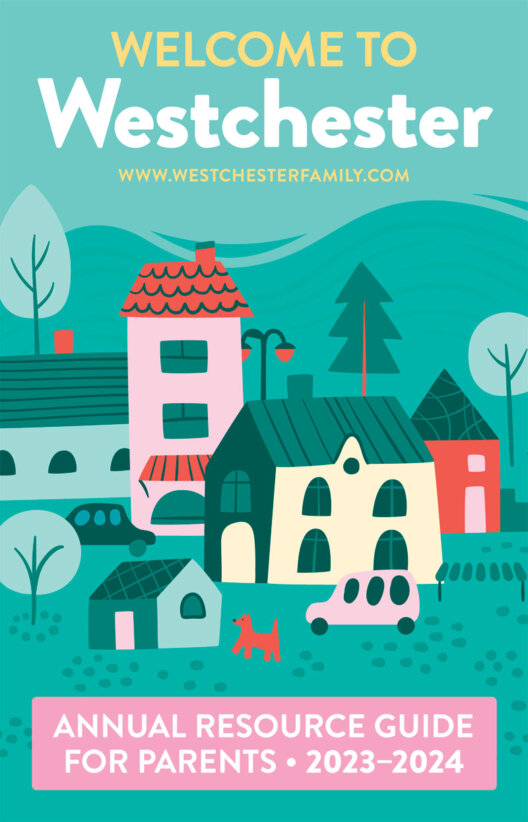It was the end of December and when most kids were thinking about winter vacation all my daughter Sammi, a freshman in high school, could think about was preparing for her first Earth Science mid-term. She recalls, “my teacher had given us six online reviews to do by January 22nd, one for each chapter, and another 100 question cumulative review quiz. I was overwhelmed.”
Over the winter school break she had heard of other students completing many more reviews than she had and the anxiety levels began to rise and almost boil over into a full panic attack. After returning to school after break she was determined to get her “head back in the game.” She cleared her desk, blocked social media apps, then shut down her phone, and finally turned on a stress-free playlist with earbuds connected to her computer in an attempt to block all other “noise.” Then she began the arduous task of completing review after review, question after question. It was a long, repetitive and tiresome effort but she was focused on finishing those reviews and she knew it would help her on the test. All in all, music eased her nerves and helped her prioritize and reduced stress.
Why Anxiety?
Youngsters can experience anxiety and stress because of cultural pressure, social engagement, and at times self-imposed levels of competition, status and accomplishment. How do they keep up with the “norm” of the day-to-day activities and excel in their studies? Many of our youngsters are quite absorbed in sports, extracurricular activities, afterschool jobs and, of course, school work.
Christina, a freshman in high school, told me that the way she deals with stress is to do what she can and when the stress becomes overwhelming she takes a “time out” to listen to music for a bit of a break or tries to balance her work with something pleasurable. Some kids deal with anxiety by planning everything out on a calendar and keeping track of what is important and ignoring everything that isn’t an immediate concern. Gabbie, a junior in high school, told me “if I’m very freaked out, I let myself panic and get it all out. Afterward, I meditate or do yoga and drink lots of water and compose myself, then I get my stuff done.”
Some children are not able to break themselves away from the stress and may require additional help and some professional assistance. A child with an anxiety disorder may find that their school work, social interactions and self-esteem are negatively affected. If an anxiety disorder is causing your child to struggle at school academically or socially, the first step is to talk to the teacher, principal, or counselor about your concerns. School personnel may recognize some symptoms or signs of your child’s anxiety at school, but they may not realize they are caused by an anxiety disorder, or how they can help. Use your child’s diagnosis to open lines of communication. Marnie J. Cohen, a licensed clinical social worker, shares what she sees as common symptoms of increased anxiety that parents should look out for.
Common Symptoms of Increased Anxiety
- Easily distressed or agitated when a stressful situation arises
- Repetitive reassurance questions
- “What if” concerns and won’t respond to logical arguments
- Headaches, stomachaches, too sick to go
- to school
- Anticipatory anxiety: time worries
- Sleep disruptions: falling asleep and sleeping alone, nightmares
- Perfectionism: high expectations, self-critical, nothing is good enough
- Overly-responsible, searching for peoples’ approval, pleasing and unnecessary apologizing
- Demonstrating avoidance: activities, school, participating and attendance, vacations, transitions, errands, friends and family gatherings
- Excessive time spent consoling child about distress with ordinary situations.
What You Can Do
First, accept that your child may be suffering and might need outside help for anxiety management. Put pride and ego aside and talk to someone, a counselor at the school or a close teacher to get recommendations that can help your child succeed in the classroom. You may want to find a professional such as a social worker, mindfulness practitioner, or psychotherapist that can provide ongoing services to support your child. Parents or caregivers may ask teachers to monitor your child’s changes and behavior in the classroom so you can inform your professional of any progress or problems, or ask them to speak to the professional directly.
Professional Help
The goal is to open the lines of communication and help your child develop alternative ways to deal and cope with their anxiety. Cohen shares additional recommendations from her experience in helping children deal with issues from academic stress, divorce, behavioral and basic peer pressures.
Alternative Coping Methods
- Parent Training: Learn strategies to work with your child at home to encourage communication and the use of coping skills
- Therapeutic Play/Creative Therapy for the family and/or child
- Verbal Therapy for the family and/or child
- Getting the school involved and creating a school-based plan to deal with anxiety relating to school refusal, academic/test performance and/or social anxiety.
How You Can Help Your Anxious Child
- Pay attention to your child’s feelings
- Stay calm when your child becomes worried or upset in a
- stressful situation
- Recognize and praise small accomplishments
- Don’t punish or show frustration for mistakes or lack of progress
- Be flexible and try to maintain routine
- Modify expectations during a stressful event
- Prepare your child before a change is going to happen.
According to the 2015 Child Mind Institute Children’s Mental Health Report, as reported by Anxiety and Depression Association of America, “anxiety and depression are treatable, but 80 percent of kids with a diagnosable anxiety disorder and 60 percent of kids with diagnosable depression are not getting treatment.” Anxiety is a normal part of childhood, and every child goes through phases. A phase is temporary and usually harmless and some may get through it without any help while others who suffer from an anxiety disorder experience may need some guidance. Some symptoms may include fear, nervousness and shyness and they start to avoid places and activities.
School plays a big part in a youngster’s anxiety. When some students slack off on school work or neglect friends or family in order to get the best grades possible, parents may want to look into specific reasons why this is happening. Some children with school refusal may complain of physical symptoms shortly before it is time to leave for school or repeatedly ask to visit the school nurse. If the child is allowed to stay home, the symptoms quickly disappear, only to reappear the next morning. In some cases, a child may refuse to leave the house. Common physical symptoms include headaches, stomachaches, nausea, or diarrhea. But tantrums, inflexibility, separation anxiety, avoidance and defiance may show up, too.
Shaun D. Levine, a licensed clinical social worker with more than 17 years of experience, is concerned for today’s youth as they head to college. “My worry is that it seems like many of these youngsters are burning themselves out. We’re seeing this on the college level, where college counseling centers are getting more students coming in than ever before. The sad thing about this is that it doesn’t appear that getting good grades leads to a higher likelihood of future financial success,” she says.
It is clear that we have to find the balance for our children to succeed and when needed provide the techniques and personal or professional assistance, but most importantly not be ashamed to do so.
Wendi Reyes is a freelance writer, preschool teacher, and mother of a teenage and two tween daughters.








